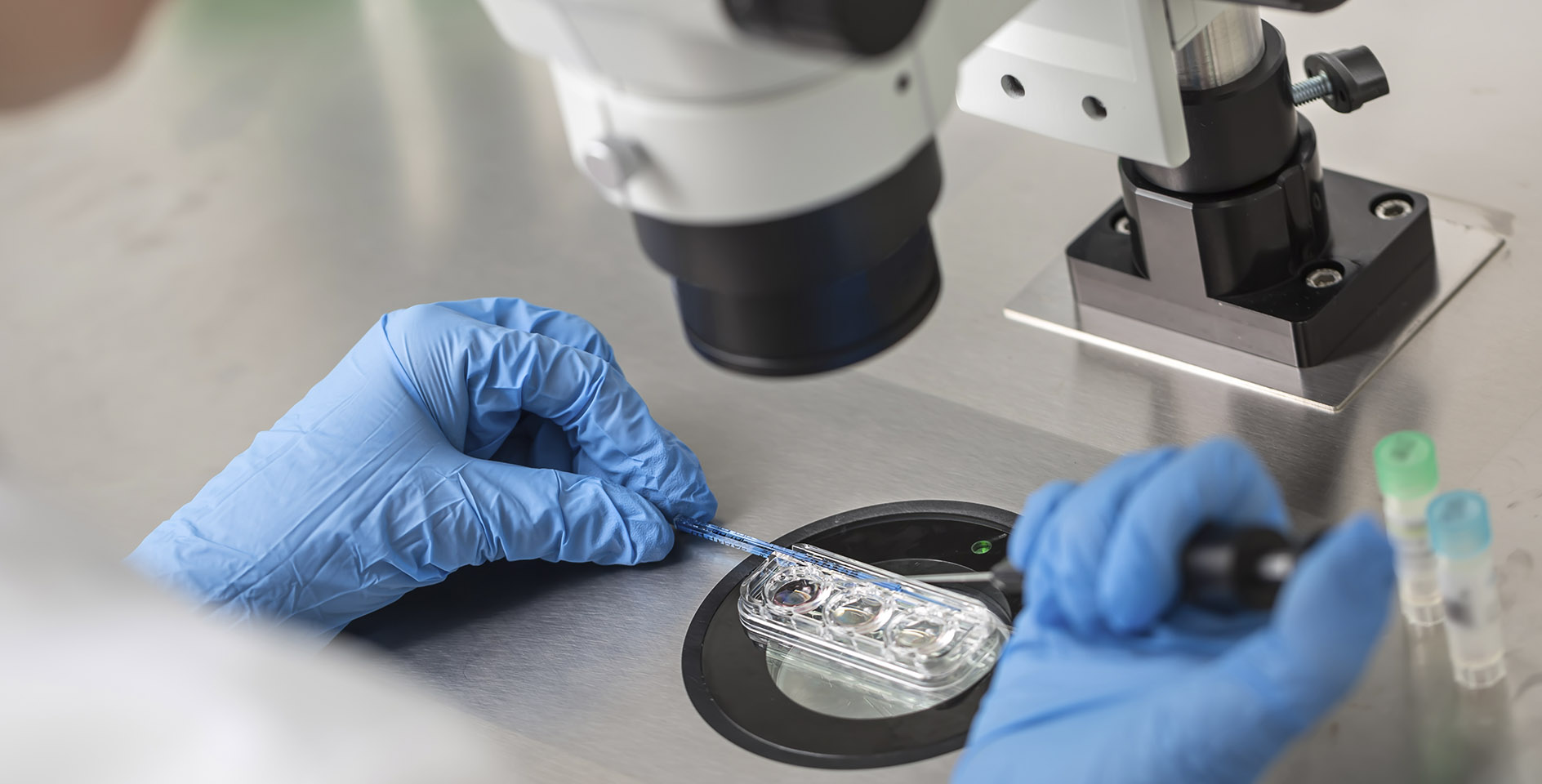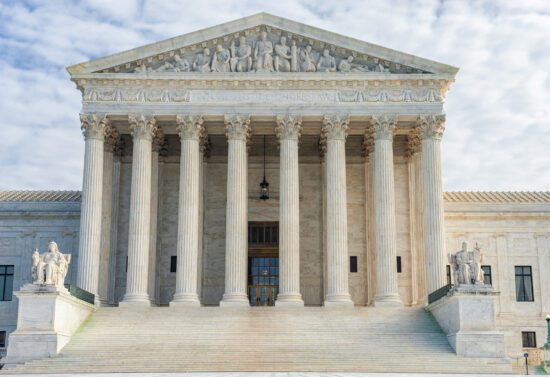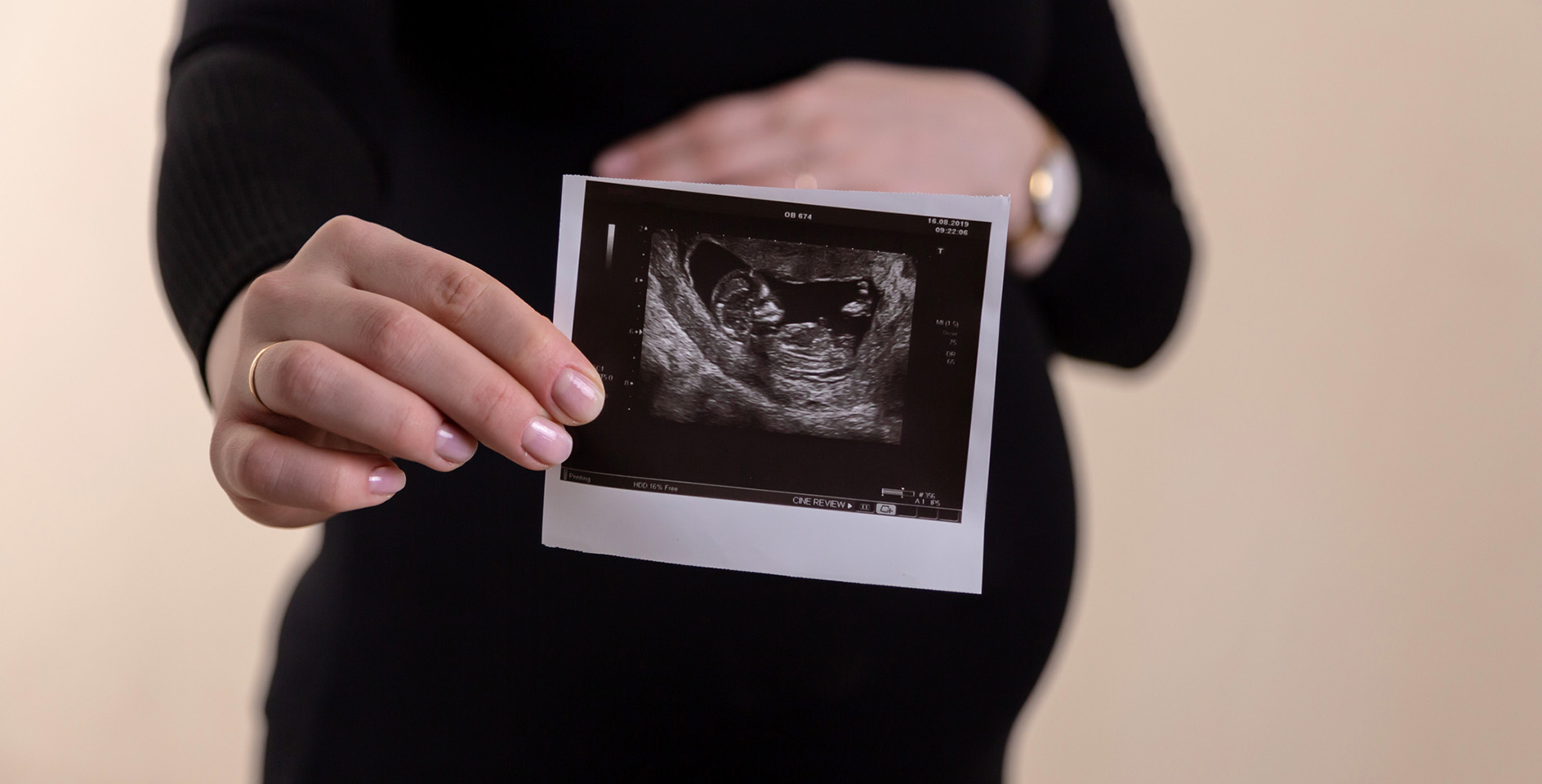Several recent videos have revealed Planned Parenthood executives discussing the disposition of fetal body parts, such as livers, hearts, and limbs, which were collected after abortions. The videos have caused many people to question the morality of a process they had previously been completely unaware even existed. Here is what you should know about the ethics and legality of fetal tissue donation:
What is fetal tissue donation?
A human fetus (Latin for “offspring”) is the stage of human development from the embryo stage (the end of the eighth week after conception, when the major structures have formed) until birth. When the fetus dies, either naturally or by abortion, the tissue (including intact organs) can be legally donated for research purposes.
Where do fetal tissue donations go?
Medical researchers obtain fetal tissue from a variety of sources including, hospitals, nonprofit tissue banks (one of which is funded by the National Institutes of Health), and local abortion clinics. Often a third-party vendor serves as the go-between, acquiring, screening, and transporting the tissue from the source of origination to the research lab.
Is fetal tissue donation ethical?
The morality of fetal tissue donation primarily hinges on questions about how the child died and the informed consent of the donating parents.
Most Christian ethicists agree that fetal tissue donation is not inherently unethical if the tissue was obtained from a spontaneous abortion (miscarriage) or an ectopic pregnancy (a pregnancy in which the fetus implants in the fallopian tube instead of the uterus) and was willingly donated by the parent. Such donations would be similar to a parent agreeing to donate the organs of an infant or a child that had died by natural causes.
The donations are morally tainted, however, when the tissue is derived from a fetus that has been killed in the womb. Allowing and condoning such donations makes us indirectly morally complicit in the act of abortion, and conveys a sense of approval for an ongoing regime that sanctions the killing of the unborn. As bioethicists James Bopp and James Burtchaell have said, “whatever the researcher’s intentions may be, by entering into an institutionalized partnership with the abortion industry as a supplier of preference, he or she becomes complicit, though after the fact, with the abortions that have expropriated the tissue for his or her purposes.”
Similarly, there is disagreement about the role of informed consent. There is an almost universal agreement that if a fetus died of natural causes that a parent should be able to donate fetal tissue unless the other parent objects. Additionally, many also contend, as James F. Childress notes, that, “the pregnant woman’s consent should be necessary for donation—that is, the father should not be able to authorize the donation by himself, and the mother should always be asked before fetal tissue is used.”
There is no unanimity of agreement, though, on the issue of consent when the tissue is obtained as the result of an abortion. Some ethicists believe that when the woman has an abortion she gives up moral (if not legal) right to act as guardian and proxy of the cadaveric remains. Others contend that since the dead fetus has no rights or interests that need protecting, the maternal woman maintains both the moral and legal right to decide, by informed consent, how the tissue should be disposed.
How is fetal tissue used?
Fetal tissue—obtained both ethically and unethically—has been used to develop life-saving vaccines. The 1954 Nobel Prize for Medicine, for instance, was awarded for a polio vaccine that was developed from fetal kidney cells. And fetal cells were used in the production of a widely used vaccine for measles. In both cases, the tissue was obtained from spontaneous abortions and ectopic pregnancies. Cells from aborted fetuses, however, have been used in a number of more recent vaccines for chicken pox, hepatitis, measles, mumps, poliomyelitis, rabies, rubella, and small pox. (For more on the ethics of vaccines, see this article.)
Fetal cell were also used in the 1980s and 1990s for experimental treatments on diabetes and Parkinson’s disease. But because studies showed they weren’t effective, research using fetal cells for biomedical treatments has largely been abandoned.
“We don’t use a lot fetal tissue today, and when it’s used it’s mainly for studying some fetal disease and fetal development,” says Arthur Caplan, director of medical ethics at NYU Langone Medical Center. “It’s not a key part or major part of research in the U.S.”
Fetal tissue from aborted fetuses has also been used in cosmetics and anti-aging creams.
What laws cover the transfer of fetal tissue?
The transfer of human cadaveric tissue, including fetal tissue, is governed by the Uniform Anatomical Gift Act (UAGA), which was adopted by all 50 states and the District of Columbia in the late 1960s and early 1970s.
An Institute of Medicine report notes that, in general, the UAGA permits either parent, subject to the known objection of the other, to donate fetal tissue, following spontaneous or deliberate abortions, for research, education, or transplantation. However, some states restrict the use of fetal materials following induced abortions in some research. Federal regulations permit research “involving the dead fetus, macerated fetal material, or cells, tissue, or organs excised from a dead fetus . . . in accordance with any applicable State or local laws regarding such activities” (45 CFR 46.210).
Is it illegal to sell fetal tissue?
It is illegal to directly sell fetal tissue. However, companies involved in the acquisition, transfer, and disposition of the tissue can be compensated for their efforts. Two laws directly cover this issue.
42 U.S. Code 274e prohibits the purchase of human organs, including any organs derived from a fetus, for the purposes of human transplantation. Because the fetal tissue is likely to be used for research purposes rather than be transplanted into a living human, this law most likely does not apply.
42 U.S. Code 289g covers the prohibitions regarding human fetal tissue and states that, “It shall be unlawful for any person to knowingly acquire, receive, or otherwise transfer any human fetal tissue for valuable consideration if the transfer affects interstate commerce.”
In each of these laws, the term “valuable consideration” does not include “reasonable payments associated with the transportation, implantation, processing, preservation, quality control, or storage of human fetal tissue.”
42 U.S. Code 289g prevents the solicitation of fetal tissue for transplantation and the “solicitation or acceptance of tissue from fetuses gestated for research purposes.” What this means is that a buyer cannot solicit fetal tissue for transplantation or use tissue from a fetus that is known to have been created solely for the purpose of aborting the baby and extracting its tissue and/or organs.
But this seems to cover only human tissue that was acquired when the pregnancy was “deliberately initiated to provide such tissue.” Tissue donated after an abortion for research purposes is completely legal under federal law.







